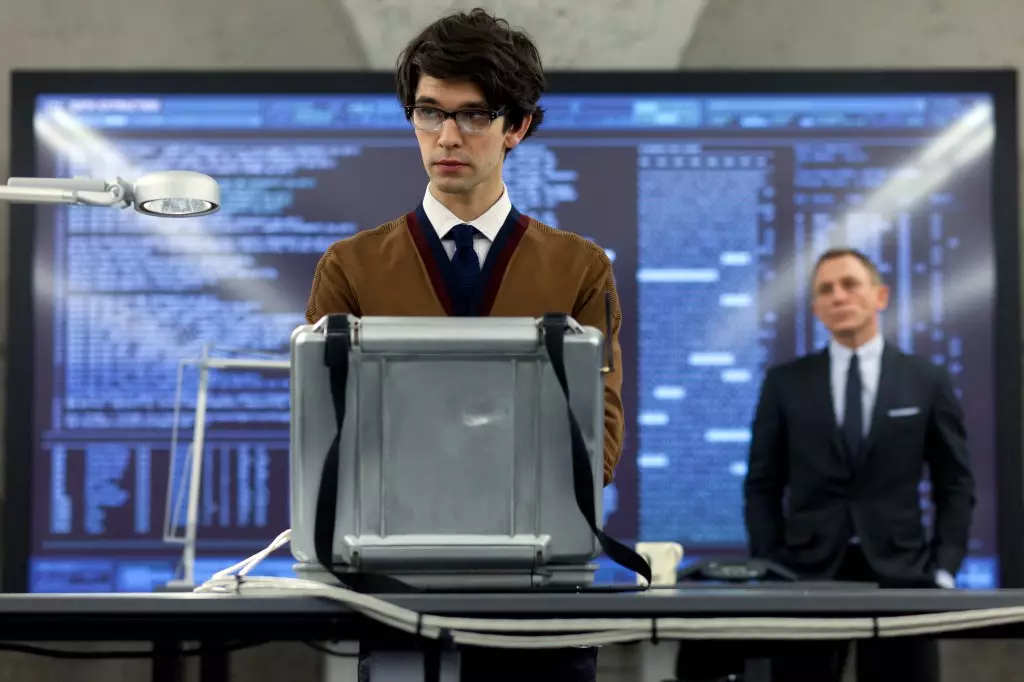The iconic James Bond franchise, known for its thrilling espionage and hair-raising action, is at a pivotal juncture as fans speculate on its future post-Daniel Craig. Ben Whishaw, who played the brilliant Q in Craig’s tenure, recently hinted that a new era may be dawning for the franchise. In an interview, Whishaw expressed skepticism about his return to the role, suggesting that the producers might opt for a fresh start with an entirely new cast. This echoes a broader sentiment that change could inject vitality into a series that has captivated audiences for decades.
Whishaw’s remarks have ignited discussions around the importance of maintaining the franchise’s appeal while keeping it relevant in a rapidly changing cinematic landscape. His openness to stepping back signifies a willingness to embrace evolution in storytelling, a crucial factor for any long-standing series striving to captivate new audiences alongside loyal fans.
Daniel Craig’s portrayal of James Bond has been both celebrated and scrutinized. With his last outing in “No Time To Die,” where the character met an unexpected demise, Craig’s tenure marked a significant shift in the tone and direction of the series. His performances redefined the iconic spy — infusing him with vulnerability and depth not often portrayed in earlier installments. Now, with speculation rife regarding potential successors, the impact of Craig’s legacy looms large.
Among the names floating around, Aaron Taylor-Johnson has emerged as a leading candidate. Former Bond actor Pierce Brosnan has publicly endorsed Taylor-Johnson, citing him as having the necessary attributes to take on this legendary role. Brosnan’s encouragement provides a look into the interconnected world of Bond actors, where shared experiences and mutual respect may help shape the future of the franchise.
While Taylor-Johnson garners attention as the potential next Bond, the unpredictability surrounding the casting process and creative direction remains. The producers face a daunting task: finding an actor who can resonate with both traditional fans and a modern audience, while also revitalizing the character of Bond to meet contemporary expectations. The next phase could signal significant changes, not only in the protagonist but also in the narrative themes explored in upcoming films.
It is worth pondering whether an entirely new cast would benefit the franchise, as suggested by Whishaw. Fresh faces and innovative storytelling could reinvigorate the spy genre and reinvent characters that have become entrenched in popular culture.
In contemplating the future of Bond, one can’t help but reflect on the series’ rich legacy balanced against the necessity for growth. As discussed by Whishaw and reinforced by Brosnan’s praise for Taylor-Johnson, the path forward is one laden with possibilities. Whether producers choose to forge ahead with an established formula or break new ground, fans eagerly await the thrilling next chapter of James Bond. The response to these decisions will undoubtedly shape not only the character’s next incarnation but also the broader trajectory of the franchise as it steps into a new era.


Leave a Reply